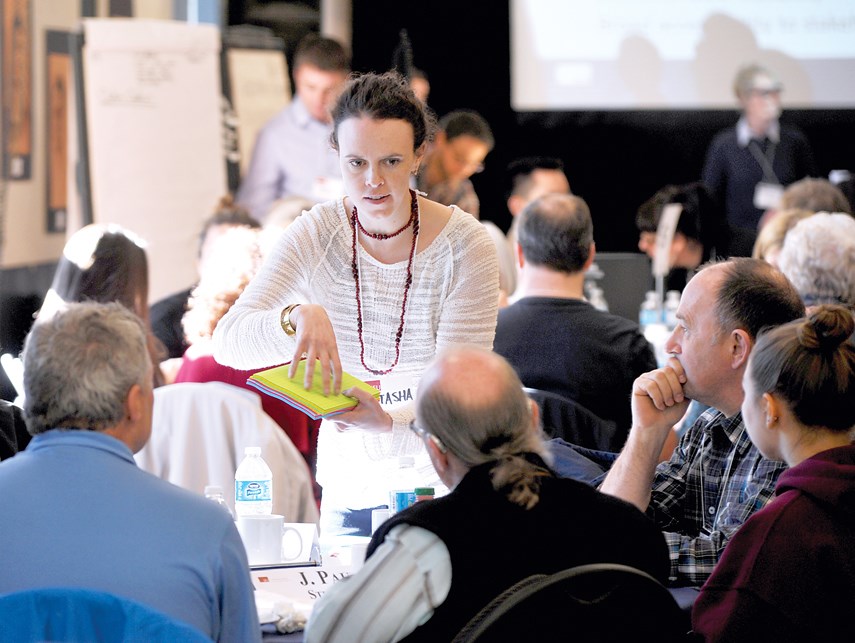As Metro Vancouver’s population and B.C.’s tourism sector grow, increasing numbers of visitors flock to the North Shore each weekend.
This surge in demand means local governments need to find ways to modify the way parks and their adjacent neighbourhoods are managed. When demand for parkland and wilderness spaces increases, local ecosystems are strained, and this creates spillover impacts, such as crowded parking lots and overflowing garbage containers.
Municipal governments cannot easily control the number of visitors, but we do have to take the necessary steps to ensure lands are adequately protected, people are kept safe, and residents feel heard.
Deep Cove residents understand this issue possibly more than anyone on the North Shore: the number of visitors is growing each year and impacting public safety access and livability.
In response to this growing concern, several steps have been taken and more will come. Hopefully the lessons we continue to learn in Deep Cove will help in developing strategies for other popular North Shore areas facing similar challenges.
In 2014 a technical study and public opinion survey was conducted within the Deep Cove area and in 2015 the District of North Vancouver hosted the Deep Cove Community Dialogue. The dialogue was an in-depth community engagement process that brought together residents, businesses and other stakeholders to decide on next steps. This work resulted in the Deep Cove Parking and Implementation Access Plan.
Since then, the District of North Vancouver has moved forward with a number of initiatives informed by the plan, including increased overflow parking, more frequent enforcement of parking regulations, and traffic control flaggers.
This summer the Cove will have additional park rangers to ensure access to Quarry Rock is better managed for the safety of all visitors. Also provided will be increased litter control, more time-limited parking, and other initiatives.
In March, a delegation from Deep Cove presented a survey of nearly 400 residents, providing input on traffic management issues. To ensure this conversation continues in a useful way, we look forward to working with the people and the businesses in Deep Cove through a grassroots Deep Cove Sustainability group that is forming.
Starting this May in Vancouver, tour bus parking spaces have been eliminated from Granville Island and buses will have to pay access fees to drive onto the island. As our challenges are not dissimilar, it may be that Deep Cove and other North Shore sites adopt similar approaches.
At an upcoming regular District Council meeting on April 16, one of the agenda items includes parking and traffic management at both Deep Cove and Lynn Canyon Park.
Residents are welcome to attend or join our live-stream accessible through our District website, dnv.org.



